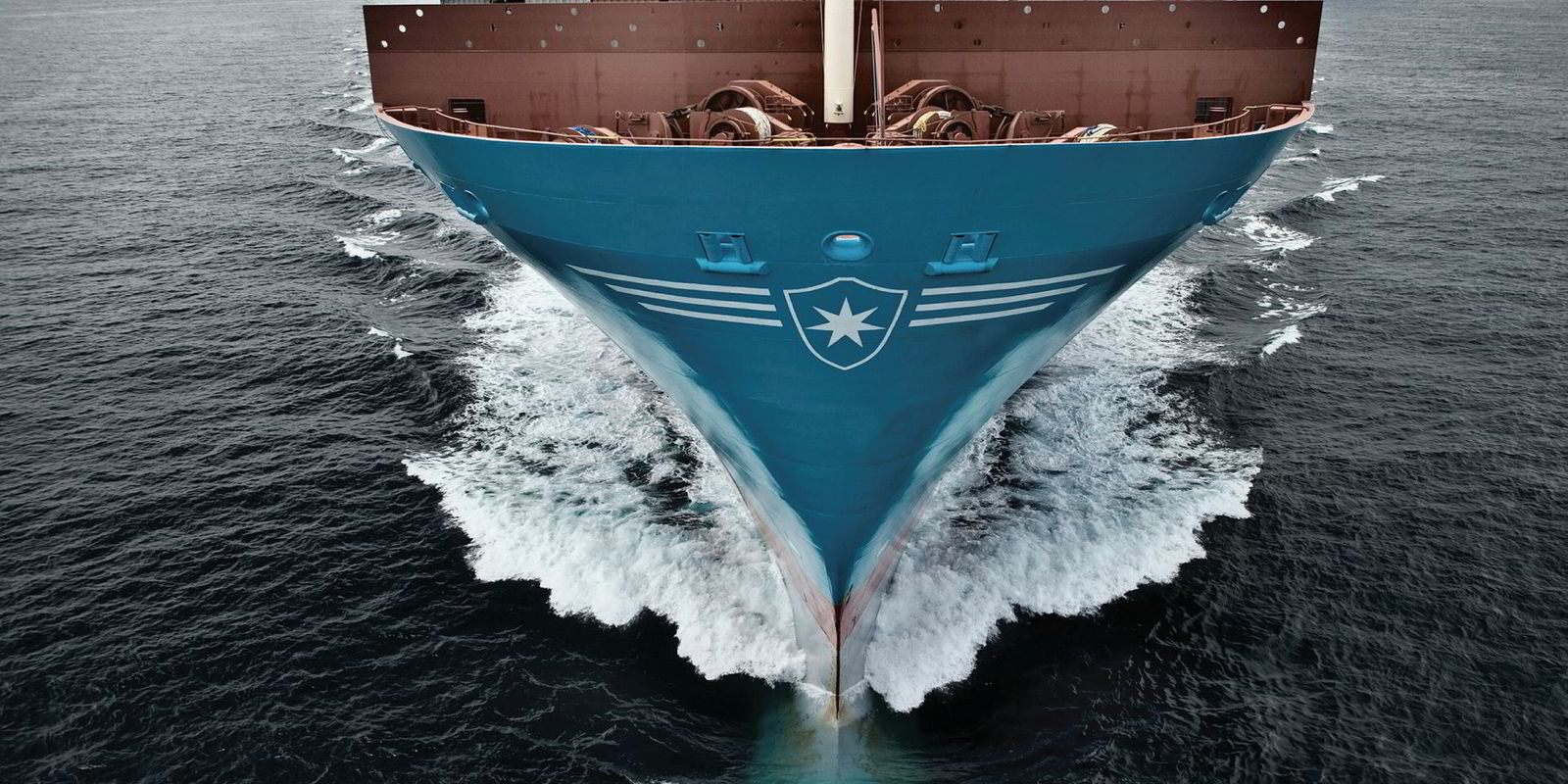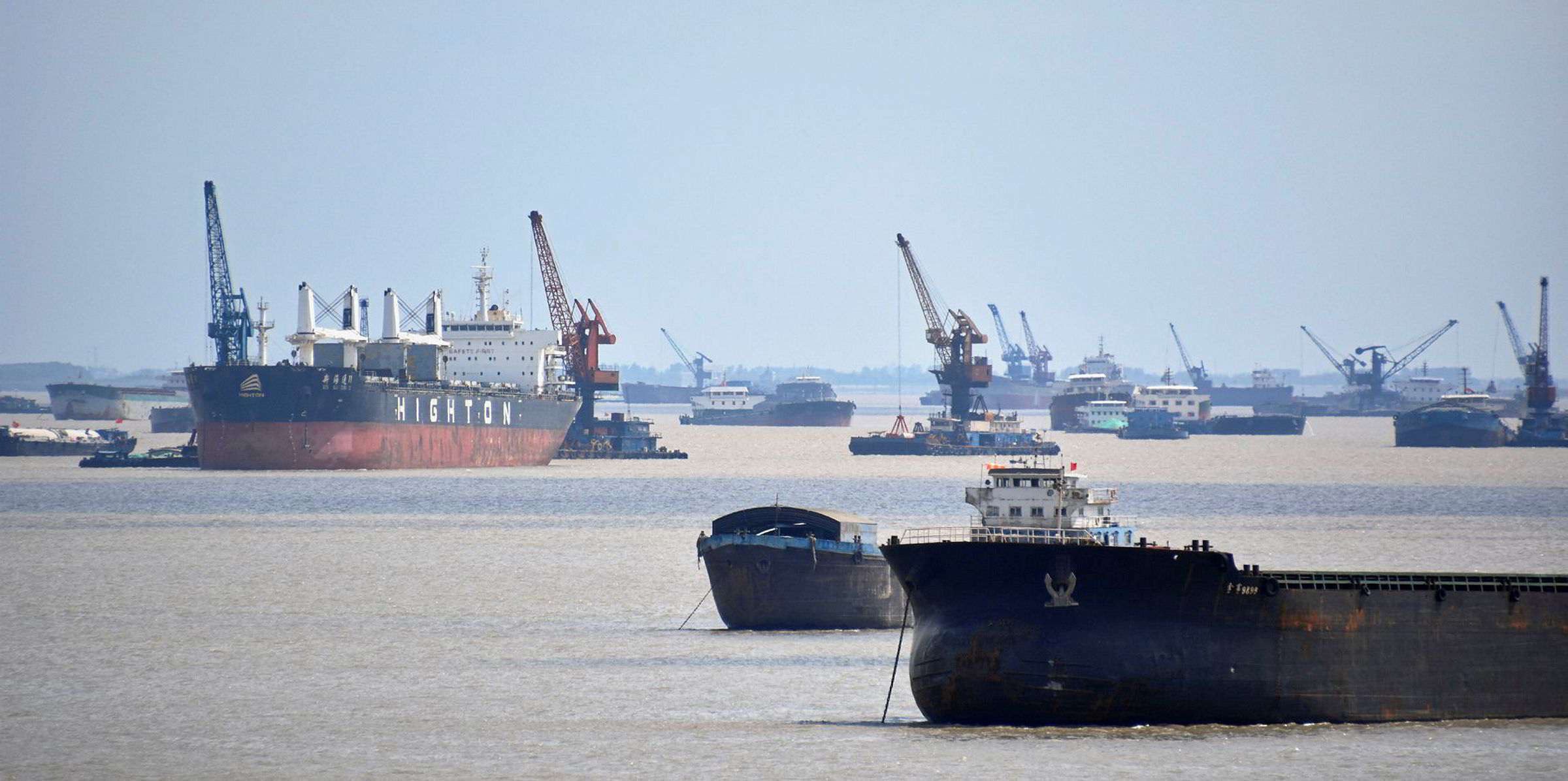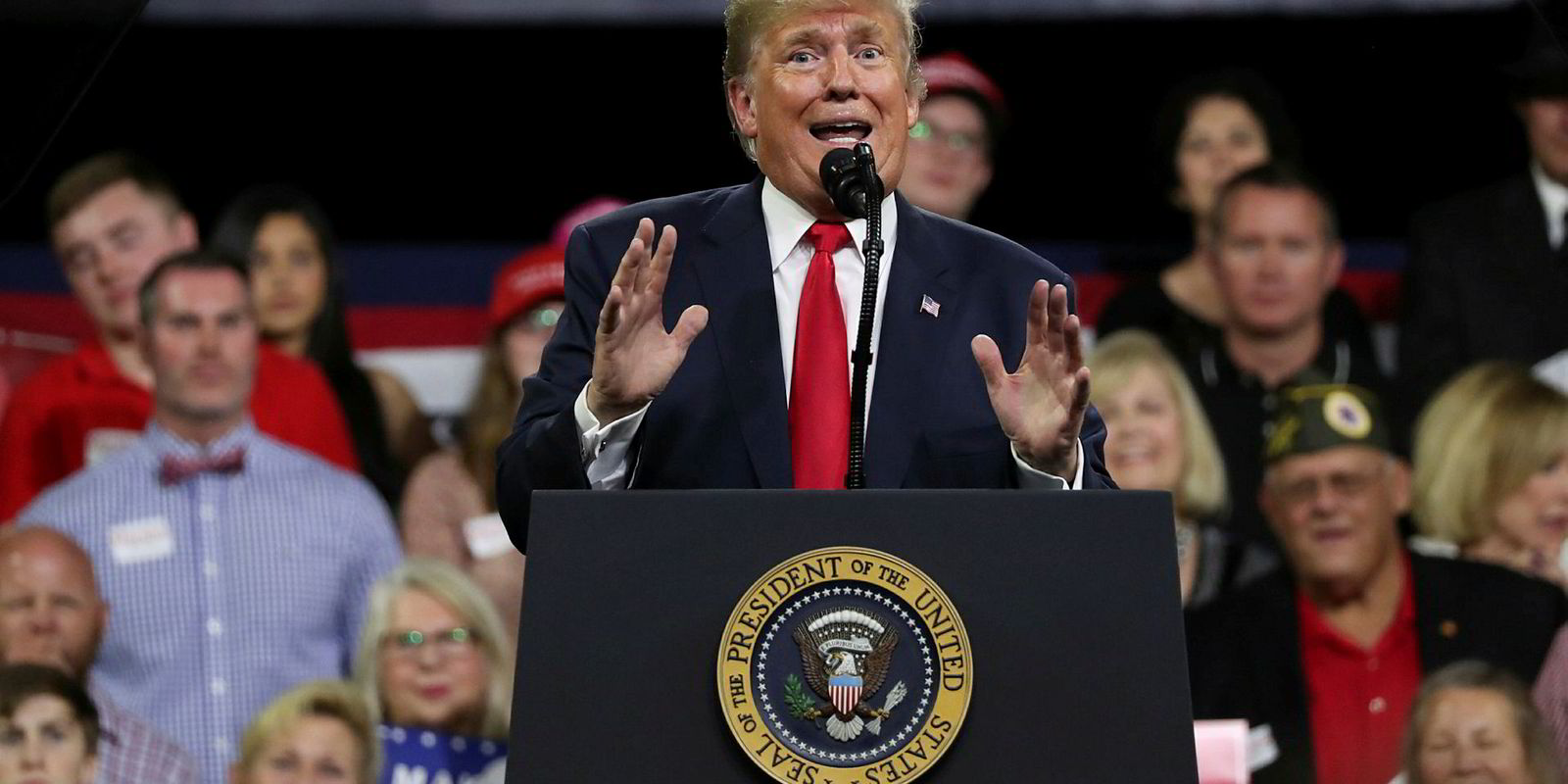Jan Hoffman believes Google, Twitter and Facebook have played a part in creating the global trade tensions that are now presenting challenges for shipping.
The chief of the trade and logistics arm of the United Nations Conference on Trade and Development (UNCTAD) blames the tech majors for a polarisation of opinions in democracies worldwide that is leading governments to adopt protectionist policies.
Hoffman's claim comes in the wake of recent reports from the the Geneva-based inter-governmental body that have highlighted the risks trade wars pose to maritime transport.
According to Hoffman, citizens have grown accustomed to gathering information from newsfeeds produced by internet giants that use algorithms to evaluate their users' preferences.
Echoe chambers
As such, citizens are losing exposure to opinions that differ from their own.
“People no longer seek the other side of views. They don’t even know other sides of views exist,” Hoffman tells TradeWinds.
“We, as human beings, are more living in our bubbles of opinions [nowadays].”
In democracies, polarisation prevents the ability to build consensus within electorates, which many commentators say has profound impact on policymaking.
“We have more polarisation of opinions, and that leads to all the policies becoming more polarised, ... more populistic,” Hoffman says.
Rising nationalism
“We do see more nationalistic policies in more countries. There is Brexit, [and there are] other countries become populistic. This polarisation may continue…[because] of what is happening in the society these days.”
Based on UNCTAD’s recent forecasts, seaborne trade will enjoy average annual growth of 3.8% from 2018 to 2023, with box and dry bulk trades leading the way.
However, the US-China trade war and a no-deal Brexit could result in trade losses, with lower demand and domestic supplies replacing imports.
Hoffman points out that the overall impact of tariff wars on trade volumes is likely to be negative, despite some new trades emerging as countries find new suppliers and markets.
Aside from the countries directly involved, trade frictions could also affect other economies via “cascading effects”, according to Hoffman.
We have more polarisation of opinions, and that leads to all the policies becoming more polarised, … more populistic
Jan Hoffman
For example, UNCTAD estimates East Asia would see a $160bn fall in trade if China and the US fail to reach a deal, while the European Union would see volumes rise by $90bn. This is mainly because East Asia is expected to export less to China while the EU increases sales to the US.
Negative impact
“Some will win, some will lose…[But] overall we all lose,” Hoffman says.
Another negative impact of trade protectionism for shipping is heightened investment risks. Uncertainty is “bad for business”, according to Hoffman.
“Any investors, when in uncertainty, will require [a] higher return on investments,” he says.
With those higher risk premiums, investment drops, and not just in shipping.
According to Hoffman, inward-looking policies have also hurt multilateral trade systems such as the World Trade Organization (WTO), leading to more complex trade regimes and slowing the pace of overall development.
“When some countries start to behave like they do not need to play by the rules, the whole system is weakened,” Hoffman says.
When some countries start to behave like they do not need to play by the rules, the whole system is weakened
Jan Hoffman
Rule-based trade
He believes that trade is not a zero-sum game between countries. “[To think that] export is good and import is bad, that is wrong. Objectively, scientifically, empirically, it is wrong.”
While the WTO’s Doha reform talks collapsed as members could not reach consensus despite more than a decade of talks, Hoffman stresses that a rule-based, multilateral system remains essential.
“Of course, we need to reform. But we cannot see it weakened,” Hoffman says. “I am convinced trade overall is a good thing. You just have to make sure it’s fair.”






